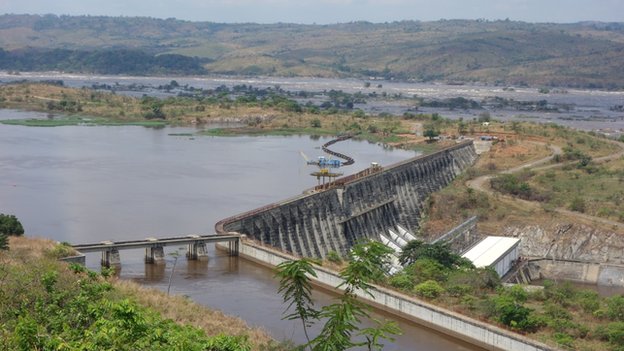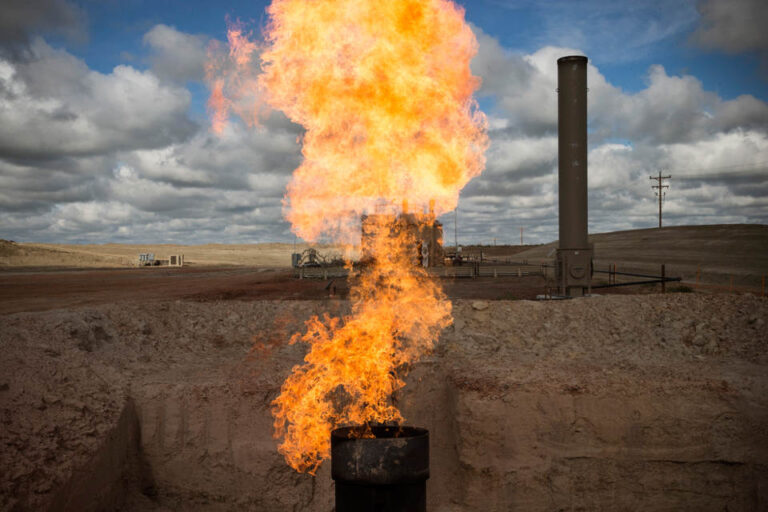Low-tech solar tent boosts Malawi’s dried fish industry
June 15, 2016
A project to provide fishing communities around Lake Malawi with a cheap and effective way to dry their catch is boosting earnings and improving lives.
Made from a polythene sheet and a simple wooden frame, the drying tents have been designed to trap warm air inside and dry the fish faster, even during rainy weather.
“Processers and mongers involved in the fish business will profit a lot,” Alexandra Kefi, Project Leader for Cultivate Africa's Future, told Al Jazeera.
“Catches lost in the course of processing will be greatly minimised. This means there will be more money from the same commodity and quantities.”
Researchers estimate that for every 10 fish caught, four are spoiled and their value lost before they can be sold, largely because they rot during the drying process.
Processers welcome the innovation
For those making their living from selling dried fish, such as Stevina Chitedze from Mchenga Njala village in Zomba, the solar tent has resulted in cleaner and better-quality fish, which fetch higher prices and have a longer shelf life.
“This innovation provides a more conducive environment for drying fish compared to open fish drying. Open drying exposes fish to dust, house flies and poor sanitation,” Chitedze told Al Jazeera.
Before using the solar tents, the fish were dried in the open on wire racks.
During the rainy season they would often spoil before being properly dried, forcing them to be thrown out or reducing the prices they fetch at market.
“As a result of the high-quality fish products produced from this innovation, fish processors are now capable of supplying high protein-rich food to orphanages, secondary schools and shops within the communities,” Hamisa Nyapesa, from the project Nsomba Nchuma (Wealth in Fish), told Al Jazeera.
Despite dwindling fish stocks in Lake Malawi, dried fish remains a primary source of protein for many people in the region and contributes about 4 percent of the country‘s GDP.
The industry employs more than 50,000 fishermen and more than 35,000 people are involved in related industries; fish processing, fish marketing, net-making and boat building.
Stopping deforestation
The low-tech solar tents are having another unexpected effect on the areas where they have been built.
By drying the fish using the sun's energy, there is now no need to cut down trees which were formerly used to smoke the fish.
“Solar is a renewable energy and the fact that it is reducing deforestation, this is good initiative,” Cullen Kamanga, a biologist who graduated from the University of Malawi, told Al Jazeera.
“This means that forest resources will be spared.”
Kamanga says the solar tents will help producers to improve the quality of their dried fish, but they must also strive to ensure their finished product is consistent.
“Having fragmented fishermen producing fish will most likely lead to varying qualities among the finished products,” he said.
The project, which also operates in Zambia, is funded by Canada's International Development Research Centre and the Australian Centre for International Agriculture Research.
It is continuing to modify the design of the drying tent, to ensure that it delivers the right balance of ventilation and warmth.
Once the design is finalised the project plans to roll it out to more communities in eastern and central Malawi.
The post Low-tech solar tent boosts Malawi's dried fish industry appeared first on African Media Agency.
Source:: http://amediaagency.com/low-tech-solar-tent-boosts-malawis-dried-fish-industry/


















